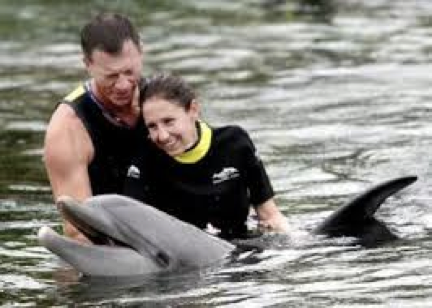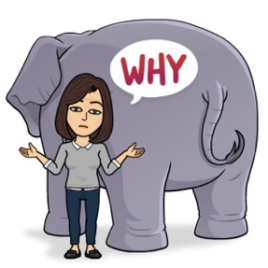She was diagnosed with ALS. Then she went to Burger King, and everything changed.

Susan Spencer Wendell started her greatest story on the day her doctor told her she was going to die.
As they drove home from the doctor’s office, both of them numb and speechless in shock, Susan’s husband announced that he needed something to eat. He fled into the Burger King. Susan found herself standing outside the car, in the parking lot. She sat down on the curb. And her life changed.
The facts were simple and terrible. One year left of productive living, then a rapid, hard decline. No clinical trials that could help, her doctor confirmed. No therapies. No treatment. She was 44 years old. She had one good year left.
Those were the facts. But facts aren’t stories. And what Susan realized that day, sitting on the sidewalk outside a Burger King, was that she couldn’t change the facts. But she could change her story.
She couldn’t change her prognosis. But she could change her story.
She realized – in a sudden flash of understanding – that she had the power to make a very simple choice: what story was she going to tell?
She could tell her story as one of tragedy: she would die before she reached 50, she would not see her children graduate, she would not see them married, she would not grow old with her husband. In only one year.
Or, she realized, she could choose instead to tell a different story. She had lived to the age of 44 in perfect health. She had three healthy children and a husband she loved. She had a wonderful career.
And she had one year left – a year in which anything was possible. A year in which she could travel, make wonderful memories with her kids, live with gratitude for all that she had been given and all she had left, for as long as she had it. One wonderful year.
She said to herself, well, the choice I have here is pretty simple. Which story will I tell? The story of tragedy, or the other one?
Given that choice, she decided to tell the other story.
“If Lou Gehrig could feel lucky, then so could I. So should I. I tucked my head once again in the starting block, steeling myself for the race. “I’m glad (the diagnosis) is over,” I told John…”And I still feel incredibly lucky.”
– Susan Spencer-Wendel, Until I Say Goodbye
Our greatest superpower: to choose what story to tell, and what story to believe
Susan recounted that moment in her book, “Until I Say Goodbye.” In the final year of her life, she swam with dolphins, took her daughter to New York City, traveled with her husband to Romania. She decided to live with gratitude, and to model joy in the face of adversity. And it was a pivotal moment in her life – in many ways, the pivotal moment. She couldn’t change the facts of her situation. But she could choose what story to tell. And her choice changed everything.
The research is exhaustive and all over this site: the biggest predictor of success is the story you tell. But what I love about this story, with Susan, is it shows how simple and profound that choice can be. One moment, in a Burger King. She realized that she was at a fork in the road, and she choose the good story fork.
We are living in a time with lots and lots and lots of stories. And some of the storytellers are deeply invested in us believing things are terrible. Asking us to be afraid of each other, or of simply others; asking us to choose sides or just to fight and keep fighting. But the one choice we all have, all the time, is so simple. And for myself, I always try to remember Susan’s example, when she sat in the parking lot outside of Burger King grappling with the most terrible thing she could have possibly imagined. I remember her choice, to tell the better story. The stronger story. The joyful story.
That’s the story I try to tell, too.



